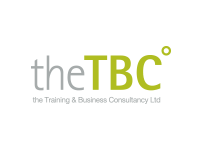There are many keys to health business relationships. Recent CIPD studies have shown that new approaches to organisational change could be extremely beneficial for companies returning to growth after struggling in the recession.
When making changes, good communication between employer and employees is paramount. Research found there was a need to dissect the change processes from the planning stages to the final implementation of the plan. When preparing to change an aspect of a business, management teams need to communicate well and look beyond typical issues that are likely to arise, such as the resistance to change.
It was shown to be helpful for businesses to create a narrative that helped employees engage with the newly implemented changes. This was also shown to increase the level of shared understanding and lead to a smoother transition into the new phase of the business.
Many employees find changes easier if they first relate to their leaders before going about changing their values, attitudes and behaviours. This means that the more leaders put their relationships with their teams at the heart of what they do, the more successful the end result will be. At any time of change it’s important to have built up the trust of employees. The best way to do this is to clearly demonstrate their own personal values of benevolence and integrity in your behaviour.
A Research Adviser for Learning and Development at CIPD, Ruth Stuart, commented on the issue:
“We know that many organisations are starting to invest more in OD resources as we leave the brunt of the recession behind us. But, it appears there’s a gap between the latest thinking on change management and current practice that could hold these organisations back. With the increasingly unpredictable nature of the modern workplace, it’s becoming ever more important that existing models reflect current business realities, and this framework helps to plug the gap.”




